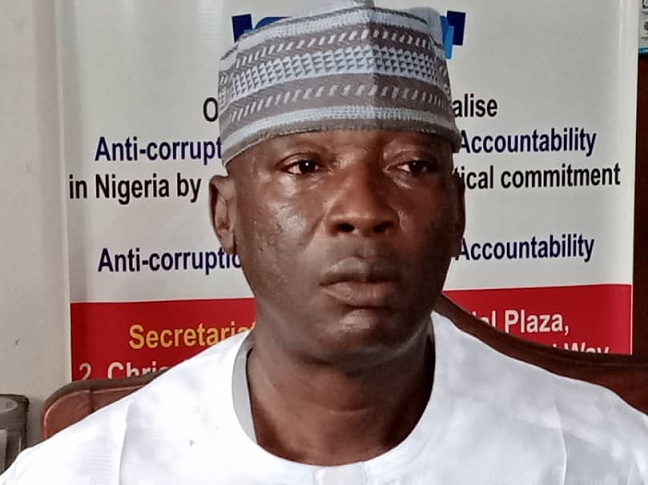In the ancient oil basin of Mesopotamia, control over resource-bearing lands meant the difference between sovereignty and servitude. Similarly, in imperial China’s salt and jade provinces, governance was never divorced from geography—those who lived on the land were naturally entrusted with its stewardship. Sadly, in contemporary Kogi State, Nigeria, this logic has been inverted. The recent appointment of a non-indigene to direct affairs over Kogi East’s oil-producing territories is not only a governance misstep—it is an insult cast in administrative ink.
This appointment is more than an error; it is a deliberate silencing of ancestral voices. It betrays the age-old principle that custodianship follows nativity. Oil, like blood, flows beneath ancestral bones—not political borders. Would such administrative imposition be tolerated in the red soil of Okene or the sacred groves of Ebiraland? Why then should the people of Ibaji and the wider eastern flank of Kogi—the very cradle of the state’s oil wealth—be treated as mere spectators in their own heritage?
The metaphor is stark: you cannot milk a cow and silence the herdsman. This is the very logic that ignited decades of agitation in the Niger Delta. There, indigenes were reduced to mourners at the feasting table, watching their oil riches transformed into distant skyscrapers and foreign bank accounts. It took the intervention of the late President Umaru Musa Yar’Adua and his historic Amnesty Programme to slow the fires. Must we in Kogi now borrow the script of bloodshed and resistance to be heard?
Injustice drips like oil—it stains everything it touches. And this stain is spreading in Kogi. By appointing individuals alien to the geography, culture, and struggles of Kogi East, the state risks fanning embers into infernos. It is a political provocation dressed as bureaucracy.
This isn’t merely a regional grievance; it is a national indictment. Resource control is more than financial accounting—it is spiritual, cultural, and existential. In ancient China, provinces that produced salt and silk were governed by locals to ensure prosperity flowed through generational wisdom. In the Middle East, oil-bearing communities maintained internal autonomy, lest foreign governors sow discord. Kogi State must learn from these ancient blueprints. The land and its people are not separate entities—they are Siamese twins joined by history and bound by mutual survival.
The people of Ibaji and the larger oil-producing areas in Kogi East have been long relegated to the political underworld, their cries swallowed by a system designed to forget them. Their rivers have been bled, their farmlands blackened by drills, yet they are told to cheer from the stands as outsiders handle the ball. This is not only unjust; it is a mockery of democracy.
Let it be known: representation is not a privilege. It is a birthright. To undermine it is to fracture the fragile peace that holds this multi-ethnic state together. The voices rising now are not the sounds of partisanship—they are the wails of a wounded people demanding their seat at the table.
Governor Ododo must take heed. Statesmanship begins where selfish politics ends. A wise leader does not sow corn on borrowed land, expecting loyalty from those whose soil he neglects. A true democrat listens—not just to applause, but also to agitation. The appointment in question is a political landmine in waiting. To allow it to stand is to build a mansion on sinking sand.
We are not calling for war, but for wisdom. We are not waving tribal flags, but constitutional rights. We ask: Would you hand the keys of the Forbidden City to a foreigner and expect harmony? Would the oilfields of Iran or Iraq be administered by outsiders without revolt? Why, then, should Kogi East endure this?
Let this be clear: our people are not political furniture to be rearranged at will. We are the roots beneath the oil-rich soil. We have names, histories, struggles, and a vision for self-determined development. Marginalizing us now is not just reckless—it is archaic, akin to appointing Pharaohs to govern Israelites in the land of Goshen.
If this decision is not reversed, history will judge it not as a mistake, but as a betrayal. And in time, even the silence of the oppressed becomes thunder.
Let equity flow like the Niger River, and let every child born of oil-bearing land see their reflection in the leadership that governs them. Our voices matter. Our land matters. And we will not be silenced again.
– Inah Boniface Ocholi writes from Ayah – Igalamela/Odolu LGA, Kogi state.
08152094428 (SMS Only)




